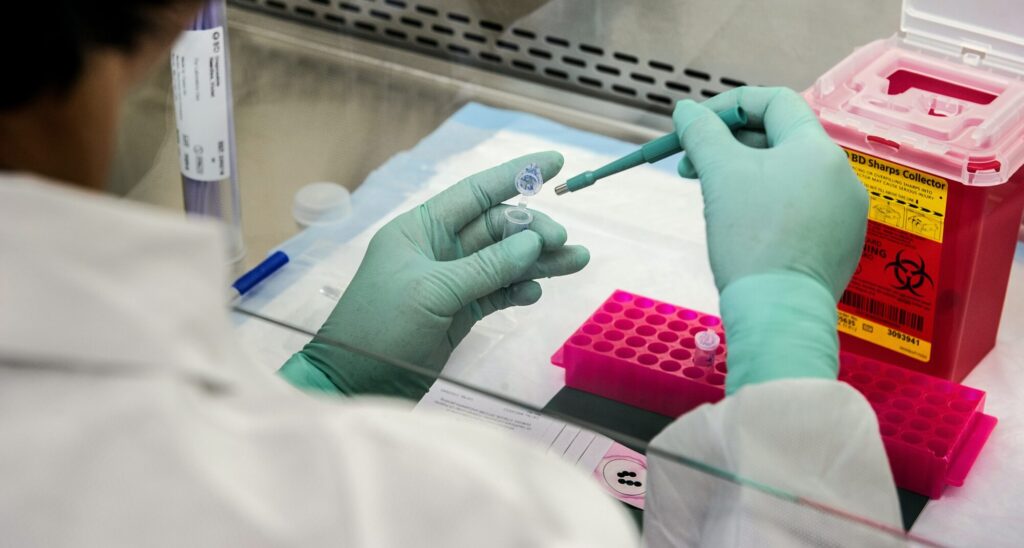
Potential HIV vaccine is 97 percent effective in Phase I human trials
Science continues to slay, as new HIV vaccine human trial proves 97% effective!
According to Scripps Research and IAVI, very promising results have come from the study’s Phase I human trials. The potential vaccine proved successful because of its ability to stimulate the production of rare immune cells needed to start the process of generating antibodies against the fast-mutating virus and preventing all of its iterations. This response was identified in 97% of participants who received the vaccine.
The results of the study, though just gaining media traction, were first presented at the International AIDS Society HIV Research for Prevention conference in early February.
William Schief, PhD, a professor and immunologist at Scripps Research and executive director of vaccine design at IAVI’s Neutralizing Antibody Center, whose laboratory developed the vaccine, said in a statement: “This study demonstrates proof of principle for a new vaccine concept for HIV, a concept that could be applied to other pathogens, as well. With our many collaborators on the study team, we showed that vaccines can be designed to stimulate rare immune cells with specific properties, and this targeted stimulation can be very efficient in humans. We believe this approach will be key to making an HIV vaccine and possibly important for making vaccines against other pathogens.”
Since its emergence in the 1980s, HIV has proved to be one of the hardest viruses to target with a vaccine. This is largely due to the fact that it constantly mutates into different strains to evade the immune system. This study sets the stage for additional clinical trials that will attempt to find a way to refine and extend the approach as a long-term, safe and effective HIV vaccine. IAVI and Scripps Research will partner with Moderna to develop and test an mRNA-based vaccine that takes control of the same approach to produce the same beneficial immune cells. This particular use of mRNA technology could significantly accelerate the pace of HIV vaccine development.
“These exciting findings emerge from remarkably creative, innovative science and are a testament to the research team’s talent, dedication and collaborative spirit, and to the generosity of the trial participants,” states Mark Feinberg, MD, PhD, president and CEO of IAVI.
“Given the urgent need for an HIV vaccine to rein in the global epidemic, we think these results will have broad implications for HIV vaccine researchers as they decide which scientific directions to pursue. The collaboration among individuals and institutions that made this important and exceptionally complex clinical trial so successful will be tremendously enabling to accelerate future HIV vaccine research.”







